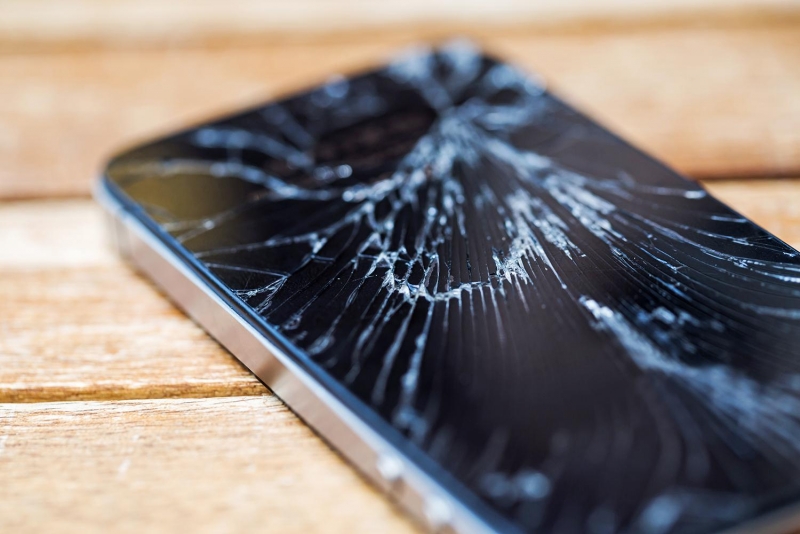One of most underappreciated or perhaps underdeveloped features of the original LG G Flex was the ability of its rear case to heal itself from scratches and scuffs. Sure, it could only handle minor abrasions and it wasn't particularly quick about it although LG did improve upon the formula greatly with the LG G Flex 2.
With the majority of new flagships now shipping with premium aluminum and glass materials, plastic has been demoted to second-rate handsets. That's somewhat of a shame because the self-healing concept has a lot of potential.
Innerexile is one of the companies seemingly leading the charge but instead of focusing on bringing its technology to smartphones, it's being used to create self-healing cases.
The company already has self-healing cases on the market but its newest models are especially impressive. In addition to being able to handle deeper scratches, the Instant line for the iPhone 6 and iPhone 6 Plus remedy scratches almost immediately.
BGR recently spent some time with the as-yet released case, vouching for the abilities show in Innerexile's promotional video embedded above.
The end-game here, at least from a consumer standpoint, would be to see smartphone manufacturers further develop self-healing technologies and include them on all new devices. As I mentioned, aluminum and glass are trending right now but a clear coat of self-healing material over top of them (if done right) would certainly be advantageous.
I suspect handset makers aren't investing a ton of R&D into such technology simply because they know most buyers are going to put their phones in a protective case regardless. Such behavior will likely persist until the Apples and Samsungs of the world manage to craft hardened versions of the premium building materials currently in use today. Shatter-proof glass and dent-resistant aluminum, anyone?
